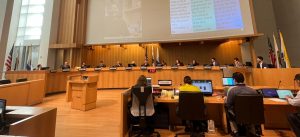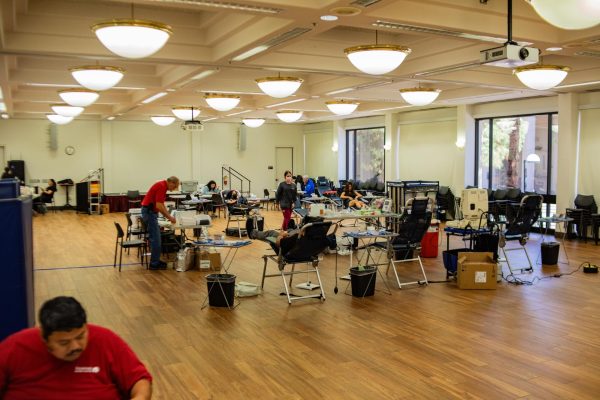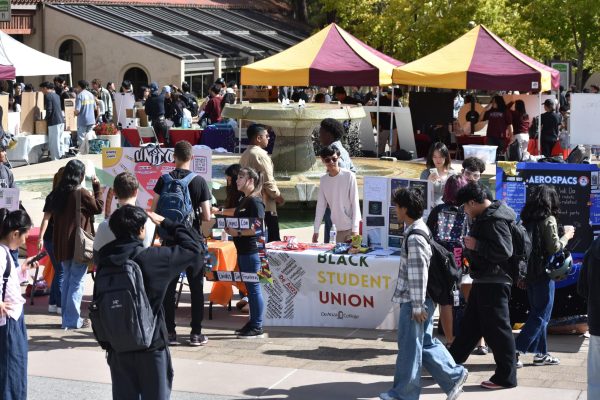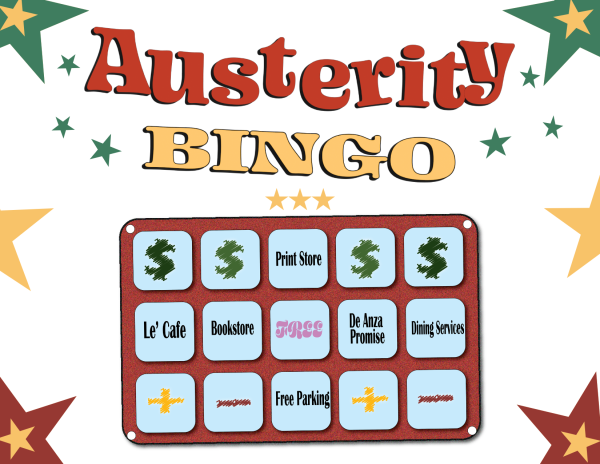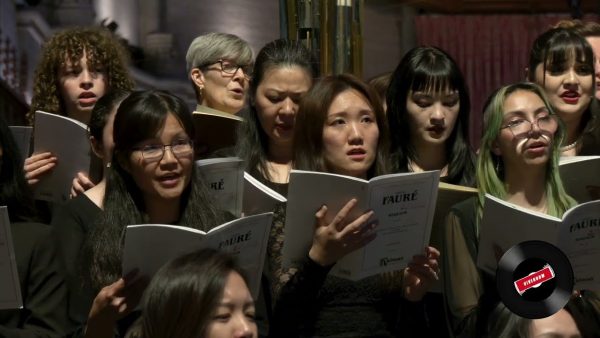Faculty Association Political Action Committee urges students to vote through outreach
The FAPAC is encouraging students to vote in the upcoming election, through outreach efforts such as presenting in different classes.
October 15, 2020
Correction* This article and its headline have been corrected to say Faculty Association Political Action Committee, instead of Foothill-De Anza Association Political Committee. The Foothill-De Anza district does not have a political action committee.
With elections approaching on Nov. 3, the FA-PAC is making concerted efforts to encourage students to get out the vote.
The Faculty Association Political Action Committee is a labor union composed of staff from Foothill College and De Anza College. Students interested in working with the organization can apply for the PAC Internship Program. This article has been corrected to say Faculty Association Political Action Committee.
“I love the program,” said James Nguyen, a FA-PAC internship supervisor and political science professor. “It gives us an opportunity to work directly with students.”
FA-PAC interns have also been working in collaboration with the Public Policy School, reaching out to students with classroom presentations encouraging voter registration.
“The goal is to register as many students at Foothill and De Anza as possible,” Nguyen said.
Ashley Aquino, 20, political science major and FA-PAC intern, said that the classroom presentations FA-PAC has been doing have been helpful in getting students involved.
“I think FA-PAC has been good at bringing awareness to a lot of issues,” Aquino said. “We’ve been trying to get to every classroom.”
Tejhasvi Jaikuma, 21, social and behavioral sciences major, has been interning with FA-PAC since the beginning of the summer and says that politics are relevant to the lives of every student.
“Politics affect you in every way,” Jaikuma said.
FA-PAC interns like Aquino and Jaikuma are also collaborating with the DASB Senate to host a “Why Voting Matters” contest that gives students the chance to win a $100 gift card.
In addition to their voter registration program, FA-PAC is raising awareness for Proposition 15, which would require commercial and industrial properties to be taxed based on their market value.
“Businesses have been underpaying,” Nguyen said. “Proposition 15 would bring in billions of dollars a year to California.”
This money would be used as funding for public schools, community colleges, and local governments.
Proposition 16, another proposal that would directly affect schools, is a bid to repeal Proposition 209, which banned Affirmative Action.
If Proposition 16 is passed, it would enable California to reinstate Affirmative Action policies in colleges.
“Prop 16 is an affirmative action tool to stop discrimination from happening,” Jaikuma said.
Proposition 16 would enable universities to look at a student’s race as a part of the transfer process.
“Prop 16 would just bring back race as one of many considerations,” Nguyen said. “We want well-rounded and diverse student populations.”









